Blogs
Navigating Differences: clarifying the urgency of constructive dialogues with traditional ʿulamā’
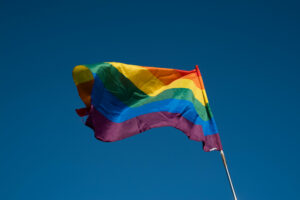
Navigating Differences: clarifying the urgency of constructive dialogues with traditional ʿulamā’[1]
Mehrdad Alipour
(6 June 2023)
On the 23rd of May, 2023 a public statement so-called “Navigating Differences: Clarifying Sexual and Gender Ethics in Islam” was published online here.
Here I briefly share my take and thoughts regarding this statement:
- The statement was produced by a group of people (mainly based in North America) who introduced themselves as “Muslim scholars and preachers representing a diverse range of theological schools.” It remarks on a number of traditional Islamic standpoints concerning sexuality and gender diversity. According to the statement, it aims to express the “collective, non-partisan articulation of Islam’s position on sexual and gender ethics.” The signatories hold that this should be seen as an exercise of their constitutional rights to express their “beliefs.” They also press that they simultaneously recognize their “constitutional obligation to exist peacefully with those whose beliefs differ from” theirs.
- Despite the fact that the statement was meant to advocate peaceful coexistence with (Muslim) LGBTQI+ people, it navigates toward a negative assessment of them as individuals who practise “illicit sexual relations” and are thus sinners. What astonishes me is that the signatories of this statement could not apparently care less about “coexistence” with LGBTQI+ people, their souls, faith, emotions, manners, and dreams. Perhaps this is why they deliberately hurt Muslim LGBTQI+ people with such a profoundly inhumane and discriminatory account of Islamic teaching.
- Moreover, the statement even warns or, if you wish, threatens those Muslim figures and advocates of LGBTQI+ communities. The statement is hungry to “categorically” reject any academic attempt to study the Qur’an and Hadith for a fresh understanding of God’s message on sexual and gender ethics. Otherwise, according to them, they “cannot overstate the detrimental spiritual consequences for those who intentionally reject, advocate the rejection of, or misrepresent the will of God, as in doing so they endanger their status as believers.”
- The constitutional right of Muslim LGBTQI+ individuals and activists is indeed preserved to forthrightly condemn this shameful statement and act of bigotry. There are already some thoughtful and courageous responses both from LGBTQI+ people and their advocates (for example, see Ghada Sasa, @sasa_ghada: https://twitter.com/sasa_ghada andhttps://reclaimingislam.org).
- I do express my solidarity with LGBTQI+ people with the strongest voice possible. I condemn this statement and its harsh and threatening tone. Moreover, as my scholarship can clearly demonstrate, I fundamentally disagree with these preachers’ and scholars’ understanding of Islam regarding gender, sex, and sexuality (find my academic works on transgenderism, intersex topic, and homosexuality here: https://beyondbinaries.nl /https://uu.academia.edu/MehrdadAlipour ).
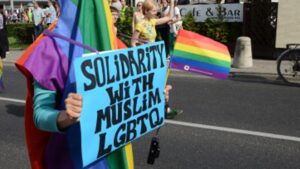
- Nevertheless, though it might initially seem odd, I would rather address Muslim reformist and feminist scholars and encourage them to enhance constructive debates with traditional scholars (ʿulamā’). To my knowledge, there is hardly an effort from both camps to promote any type of dialogue. Although initiating constructive theological conversations is a task for both camps, I seriously doubt that the traditional ʿulamā’, given their patriarchal standpoints on newly arisen phenomena concerning gender and sexuality, would initiate such conversations. Therefore, the other group, namely Muslim reformists and feminists, should instigate the dialogues.
- Fortunately, Muslim feminists and reformists have established various debates on gender and sexual equality and diversity in Islamic cultures and laws. These critics accurately observed that the Islamic laws concerning women and gender are unjust and discriminatory toward women. Among other reasons, these scholars have distinguished socio-cultural and religious patriarchies as the main causes of injustice concerning women and gender equality (Ahmed, Women and Gender in Islam; Barlas, Believing Women in Islam; Mernissi, Women’s Rebellion and Islamic Memory; Ali, Marriage and Slavery in Islam; Sexual ethics and Islam; Esack, “Islam and Gender Justice”). Yet other scholars further argue that such patriarchal systems not only oppress women and often exclude them from being involved in the public affairs of Muslim societies, but also keep out all other gender or sexual minority groups, including gay, lesbian, transgender, and intersex people, such that these communities are prevented from being actively engaged in social, cultural, economic, and religious matters of Islamic societies (Esack, Islam and AIDS: Between Scorn, Pity and Justice; Kugle, Homosexuality in Islam). Consequently, Muslim men were exclusively entitled to lead their societies. In fact, the male patriarchal system throughout the history of Islam has seemingly ignored the power and rights of women and other gender and sexual minority individuals and has not considered them as an equal part of society. Those in power could do so partly because they have had the privilege and unique position of interpreting and teaching Islamic revelatory sources for the rest of society. These thinkers have argued against such male patriarchy. Scholars such as Amina Wadud, Fatema Mernissi, Leila Ahmed, Farid Esack, Ziba Mir-Hosseini, Khaled Abou El Fadl, and Asma Barlas, although in different ways, uphold that Islam and its primary sources are open to reinterpretations which enable Muslim individuals to find various discursive spaces on women and LGBTQI+ people and their role in forming Muslim societies and cultures. According to these scholars, freeing women and LGBTQI+ people from injustice and inequality requires freeing Islamic revelatory sources from an exclusively hetero-male-dominated understanding.
- However, they have often based their research on feminist critical epistemology, modern hermeneutical discourses, liberation theology, and scientific outputs. Although examining Islamic approaches to new arising issues, including gender equality and justice, transgenderism, intersex topics, homosexuality, etc., through the lenses of modern disciplines might result in more tolerant or acceptant attitudes, they are not necessarily more practical or successful in fostering a constructive dialogue between reformists and traditionalʿulamā’ on modern topics. Therefore, despite the fact that I truly admire the works of scholars who have investigated phenomena concerning women and LGBTQI+ people in Islam from such modern perspectives, I do not see it as the most practical strategy to achieve the goal of LGBTQI+ scholars and advocates.
- Broadly speaking, the main purpose of the scholars who engage with the sensitive topics of gender equality and sexual diversity is to ultimately support sexuality and gender minority groups and individuals living in Muslim-majority societies or Muslim-minority communities in the West. To achieve this goal, it is essential, I believe, to utilise the repertoires of Muslim traditional scholars. This might happen first and foremost through consistent open dialogues between reformists and traditional scholars. However, the Muslim reformists’ methodology, in my view, not only does not facilitate such a dialogue but blocks potential paths for such collaboration between them and traditional scholars by generating a number of barriers. Let me outline three such barriers:
- Language obstacle: Modern attitudes to sexual diversity, including homosexuality, in Islam generally apply technical languages to this discourse which have been produced and adapted by activists and scholars of gender and sexuality studies in the West. These languages are far from the traditional scholars’ lexicon. Therefore, using modern technical terminologies might prevent any potential dialogues between reformists and traditional scholars. Thus, it is necessary for reformist scholars to seek a shared language with traditional Muslims on this issue to provide common ground for understanding modern phenomena: say, homosexuality and its differentiations from pre-homosexual categories, such as liwāṭ and siḥāq. As expressed earlier, one should not forget that this scholarship, after all, is being conducted to support LGBTQI+ individuals. Achieving this goal would be less feasible without positive collaborations between reformist scholars and traditional ʿulamā.
- As aforementioned, the reformists’ methodology used to discuss the topics of sexual and gender diversity in Islam is commonly based on modern scientific tools, hermeneutics, and feminist critical approaches, all of which are apparently unknown to traditional scholars. Therefore, the reliability of the feminists’ and reformists’ whole project on sexual diversity in Islam can easily be suspected by these scholars, as they do not find modern methodologies authentic for understanding or deriving Islamic laws. According to ʿulamā, there are traditionally valid methodologies which should be employed. For example, for many of these traditional thinkers, ijtihād is the authentic method to interpret Islamic text and derive Islamic laws from the original sources. Any scholarship not using this methodology, in their view, does not have validity. Therefore, the use of modern methodologies supplies the traditional jurists with a firm excuse to assert that feminists’ and reformists’ understanding of Islam is unreliable, as it is not grounded in the methodology of ijtihād.
- Finally, it seems that feminist and reformist scholars mostly undermine the potentiality of applying traditional discourse (its language and methodology) to understand Islamic traditions, teachings, and laws in a non-patriarchal form. However, regardless of the drawbacks that traditional methodology might have, there are, I believe, pathways or repertoires in this methodology whereby one can foster different discourses and thus advocate alternative non-patriarchal Islamic approaches to modern issues, such as transgenderism, intersexuality, and homosexuality. The fatwās issued by Shaykh al-Tantāwi (d. 2010) and Āyatallāh Khomeini (d. 1989) concerning transgender people and gender-conforming surgery (GCS) in the 1960s and 1980s, as well as the post-classical Shiʿi discourse on intersex as a ‘third category’ (ṭabīʿa thālitha), are good illustrations of such repertoires.
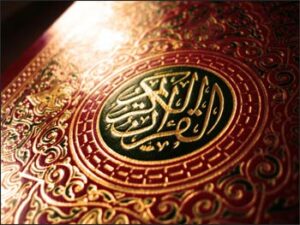
Overall, these barriers to collaboration have resulted in several drawbacks. First, traditional scholars and a majority of ordinary Muslims have not yet engaged in the current discussions on sexual diversity and gender equality in Islam. Moreover, no productive dialogues between Muslim reformists and traditional scholars on these issues have yet been held. In addition, ordinary Muslims have not been granted an opportunity to understandably hear the alternative voices of Islam on, for example, intersex people, transgenderism, and homosexuality which are more acceptant or tolerant.
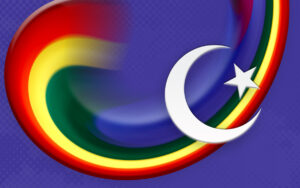
- To avoid the above negative outcomes, I suggest the pursuit of an alternative approach to advance this scholarship to increase mutual understanding via fostering successful dialogues between traditional and reformist scholars. As indicated, academic studies on new topics concerning sexuality and gender diversity aim, after all, to support Muslim LGBTQI+ activists in their lobbying for more Islamic acceptance or tolerance toward (Muslim) individuals who identify as members of gender or sexual minority groups. This goal can more likely be fulfilled via a language and a methodology which are known to theʿulamā’. Whether we like it or not,ʿulamā’ still have authority within Muslim societies and among a large group of grassroots Muslims (e.g., compare the number of the traditional Imam Yasir Qadhi’s followers on Twitter @YasirQadhi [665.9K] with the eminent Muslim feminist scholar and Imam Amina Wadud’s followers @TheLadyImam [about 9K]; or the number of the traditional preacher Assim Al Hakeem’s YouTube channel subscribers [787K] with the subscribers of the distinguished reformist scholar Khaled Abou El Fadl’s YouTube channel [9.12K]). Therefore, they are most likely to be heard, listened to, and followed. If this is the case, then reformists or feminists who conduct research in the field of sexual and gender diversity in Islam, aiming to support Muslim LGBTQI+ individuals, inevitably should initiate dialogues with them.
***************
[1] I would like to thank Arthur Dart and Asha Ali for reading an early draft of this blog and providing me with constructive suggestions.

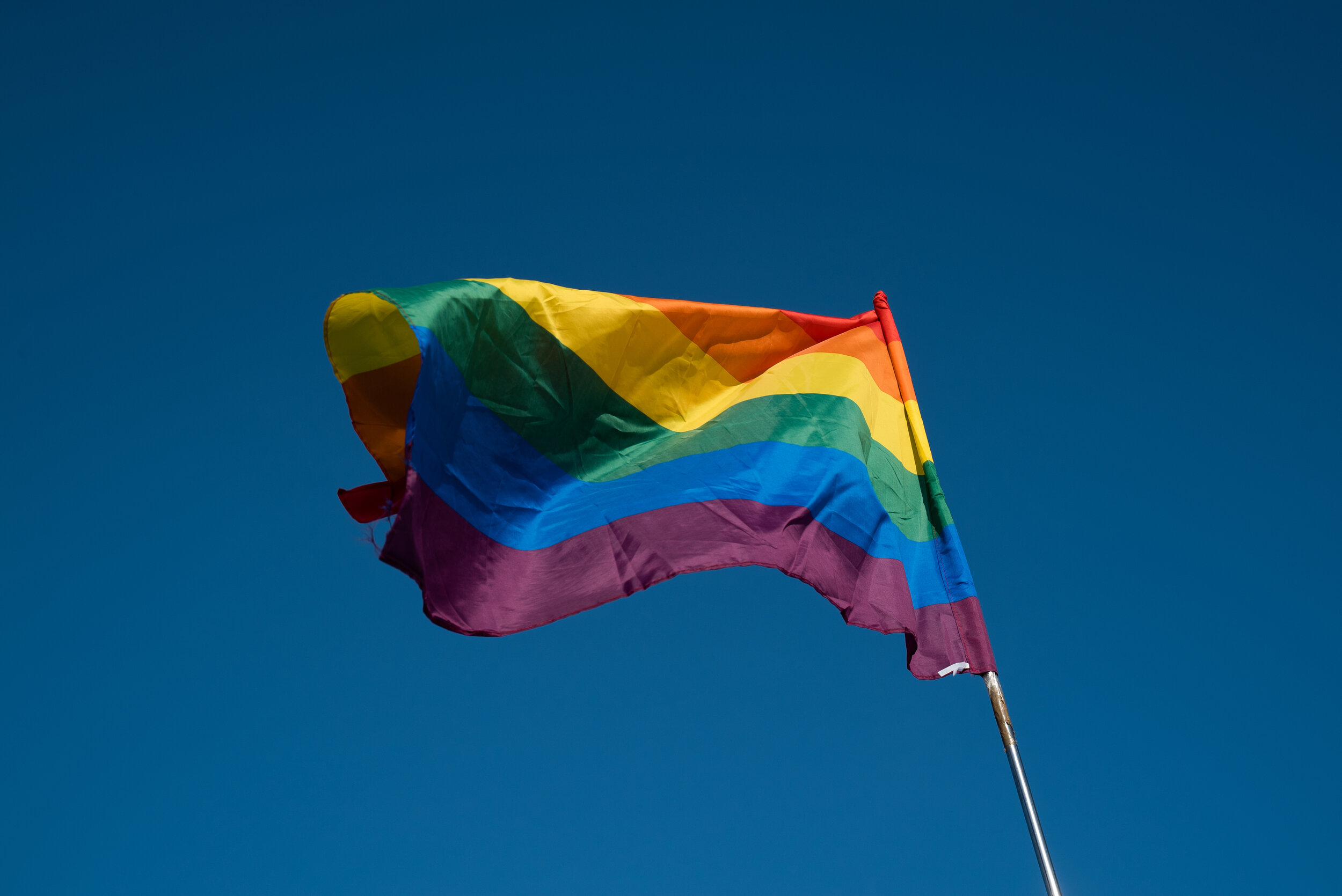
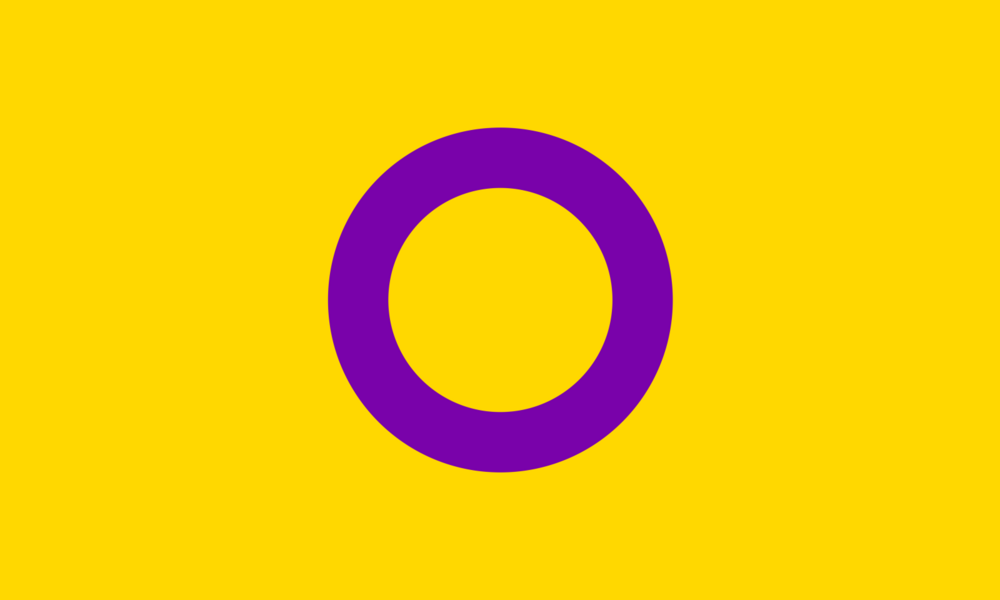
Leave a Reply